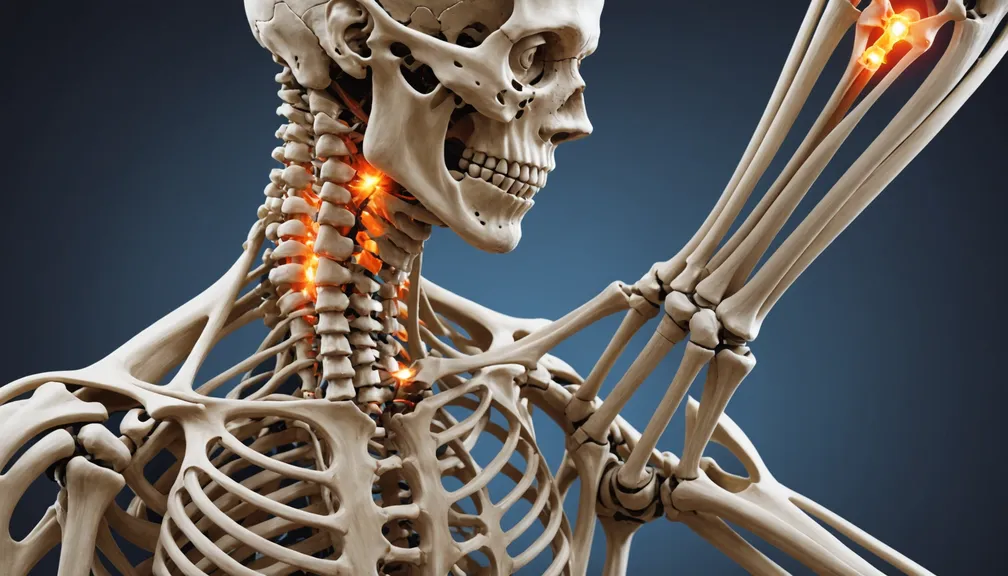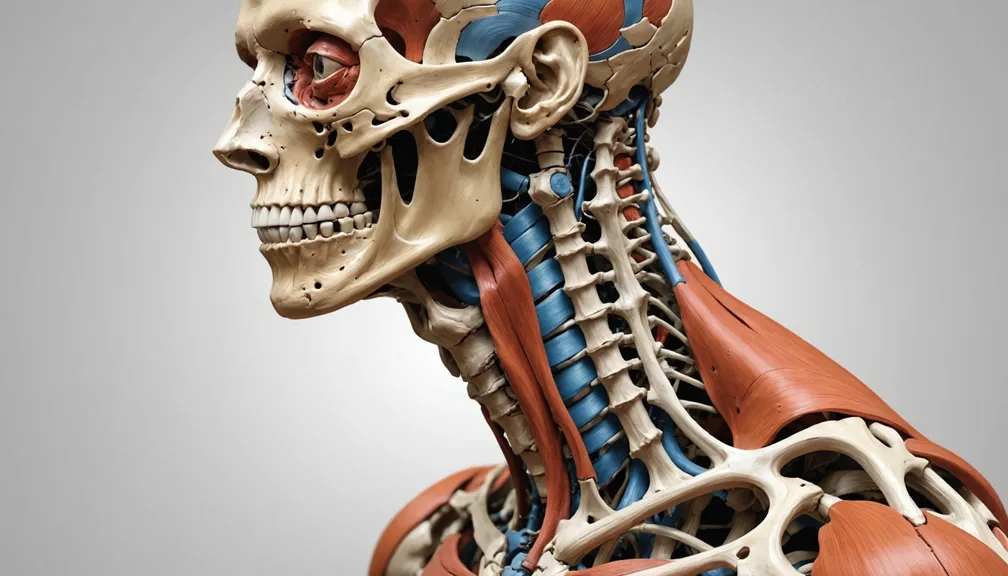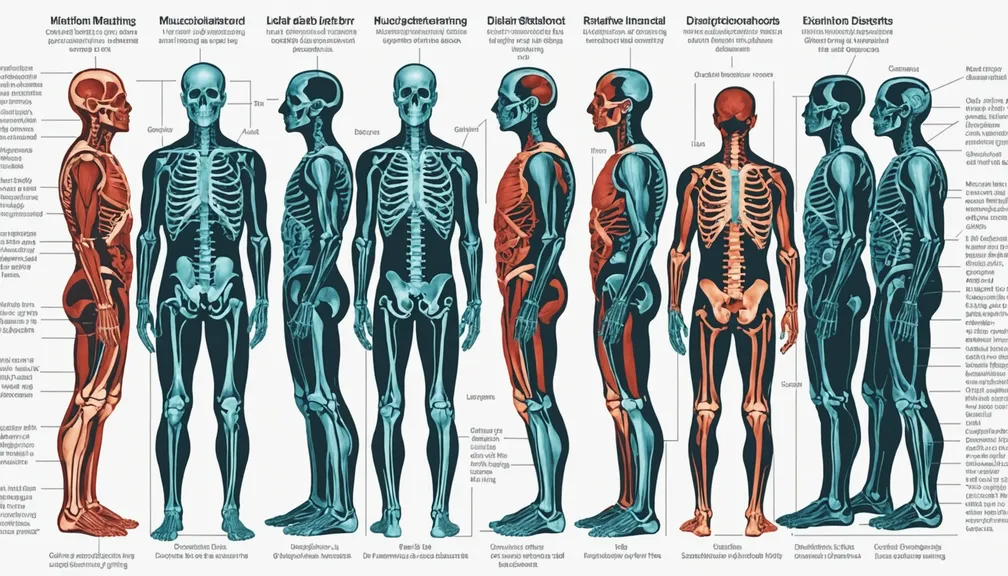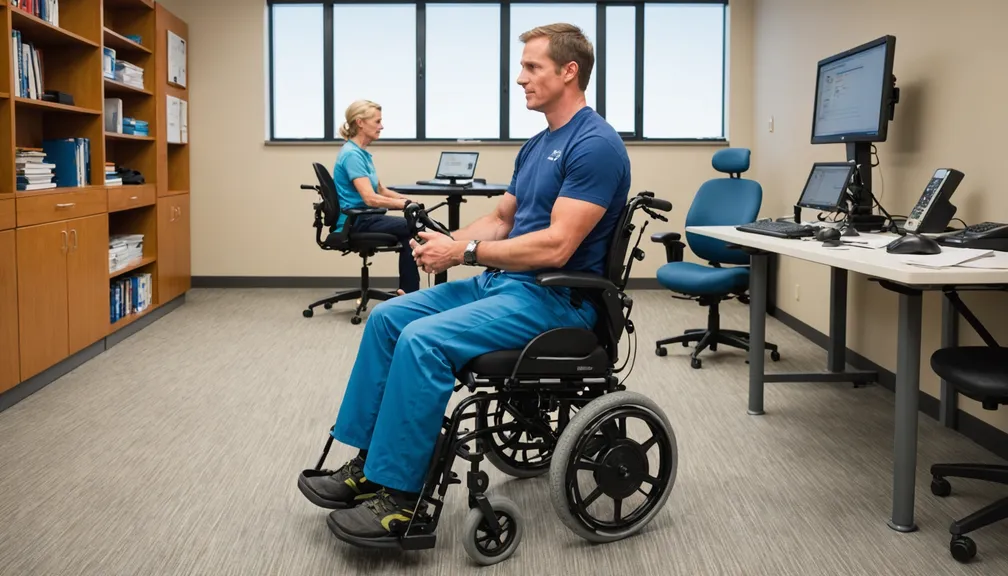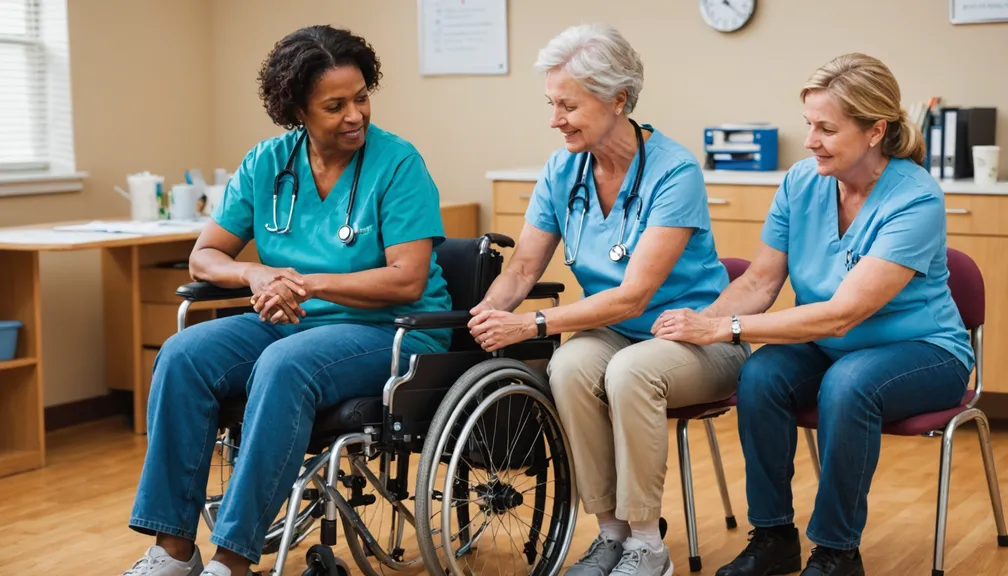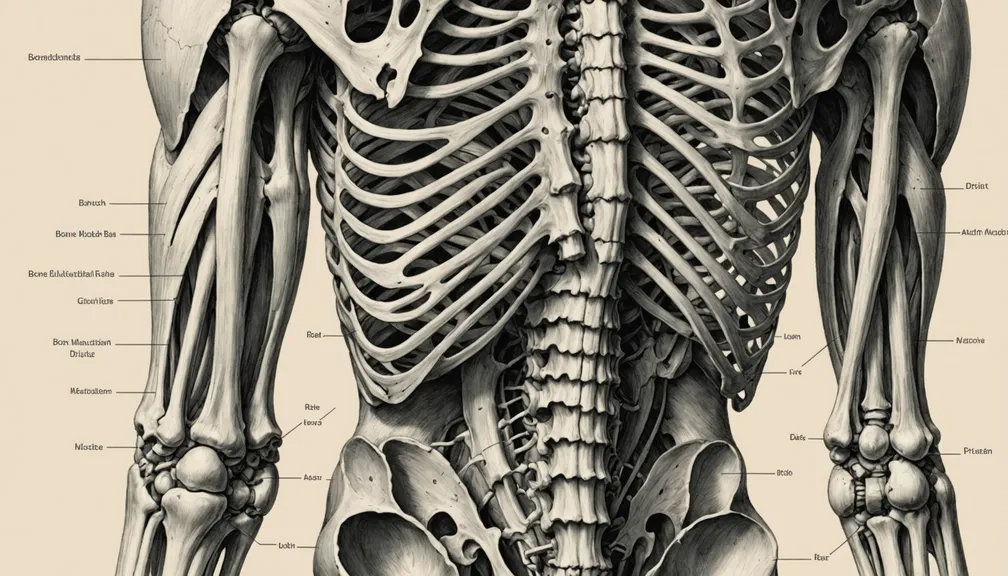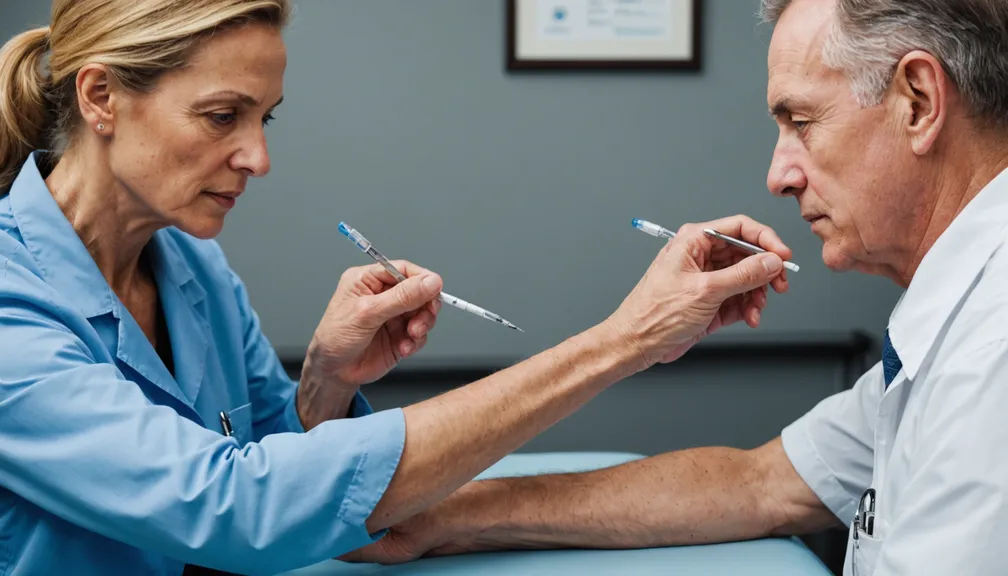Emotional Support
Support Groups
Connecting with others who understand your experiences can provide comfort and encouragement. Support groups offer a safe space to share feelings, exchange advice, and build friendships with individuals facing similar challenges.
Counseling Services
Professional counselors or therapists can help patients and their families navigate the emotional complexities of living with a rare musculoskeletal disorder. Counseling can assist in managing stress, anxiety, and depression, fostering mental well-being.
Financial Assistance
Insurance Guidance
Understanding your insurance coverage is crucial. Financial counselors can help you navigate insurance policies, ensuring you receive the benefits you're entitled to and assisting with claims related to medical treatments and necessary equipment.
Financial Aid Programs
Various organizations offer financial assistance to help cover medical expenses, adaptive equipment, and other related costs. Eligibility criteria may vary, so it's important to research and apply for programs that best suit your needs.
Medical Care Resources
Types of Healthcare Professionals
A multidisciplinary team is often essential in managing rare musculoskeletal disorders. Key professionals include:
- Rheumatologists: Specialists in joint, muscle, and bone conditions.
- Orthopedists: Doctors focusing on the musculoskeletal system, including bones and joints.
- Physiatrists: Experts in physical medicine and rehabilitation.
- Physical Therapists: Help improve mobility and strength through targeted exercises.
Multidisciplinary Care Teams
Collaborative care teams ensure comprehensive treatment by integrating various specialties. This approach addresses all aspects of the disorder, promoting better health outcomes and quality of life.
Educational Resources
Patient Education
Access to reliable information about the disorder empowers patients to make informed decisions about their care. Educational materials can cover disease management, treatment options, and strategies for maintaining daily activities.
Family Education
Educating family members about the disorder fosters understanding and support. Workshops and informational sessions can help families learn how to assist their loved ones effectively and manage caregiving responsibilities.
Accessible Services
Transportation Services
Reliable transportation is essential for attending medical appointments and accessing treatment. Services may include specialized transport for individuals with mobility challenges or assistance with scheduling and arranging transportation.
Home Care Services
Home care professionals provide essential support, enabling patients to receive medical care and assistance with daily tasks in the comfort of their homes. Services can range from medical treatments to help with household activities.
Advocacy and Legal Support
Patient Advocacy Groups
Advocacy organizations work to protect the rights of patients, influence healthcare policies, and raise awareness about rare musculoskeletal disorders. They can provide resources, support, and guidance in navigating the healthcare system.
Legal Assistance
Legal professionals specializing in healthcare can help patients and families understand their rights, manage insurance disputes, and access benefits. Legal support ensures that individuals receive the necessary protections and services.
Navigating Daily Life
Occupational Therapy
Occupational therapists assist patients in adapting their daily activities and environments to enhance independence and functionality. They provide strategies and tools to manage tasks related to work, home, and leisure.
Physical Therapy
Physical therapists focus on improving movement, strength, and flexibility. Customized exercise programs help alleviate pain, enhance mobility, and prevent further physical complications.
Technology and Assistive Devices
Adaptive Equipment
Assistive devices such as wheelchairs, braces, and specialized tools can significantly improve mobility and independence. Occupational therapists can recommend and train patients in the use of appropriate equipment tailored to their needs.
Home Modifications
Modifying the home environment to accommodate physical limitations can enhance safety and accessibility. Examples include installing ramps, widening doorways, and adapting bathrooms to meet specific requirements.
Healthcare Professionals Involved
Rheumatologists
Specialize in diagnosing and treating rheumatic diseases, which affect joints, muscles, and bones.
Orthopedists
Focus on the musculoskeletal system, offering surgical and non-surgical treatments for bone and joint conditions.
Physiatrists
Experts in rehabilitation medicine, helping patients recover mobility and function through comprehensive treatment plans.
Physical Therapists
Assist in improving physical mobility and managing pain through targeted exercises and therapies.
Occupational Therapists
Help patients perform daily activities by adapting tasks and environments to their abilities.
Pain Management Specialists
Provide strategies and treatments to manage chronic pain effectively, enhancing quality of life.
Genetic Counselors
Offer guidance and support for families affected by genetic rare musculoskeletal disorders, including information on inheritance patterns and family planning.
This lesson aims to provide a comprehensive overview of the community resources available to support patients and their families dealing with rare musculoskeletal disorders. By leveraging these resources, individuals can access the necessary support to manage their condition effectively and enhance their overall well-being.
